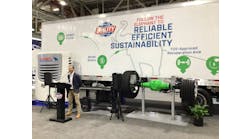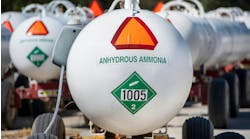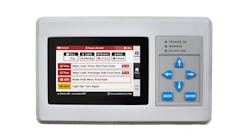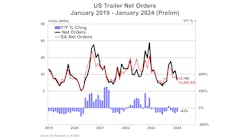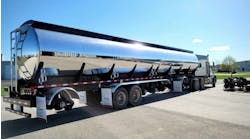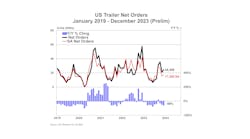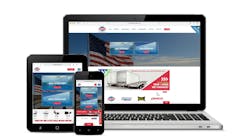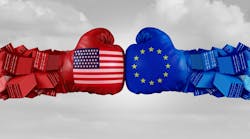Sen. Elizabeth Warren says the Trump administration is playing politics, and handing out favors to friends, in the Commerce Department’s management of the exemption process for steel and aluminum tariffs.
On Wednesday Warren called on the department’s Inspector General (IG) to open an investigation into the implementation of the program, initially billed as a "fair and transparent" way for U.S. manufacturers to seek tariff relief in certain instances. But Warren’s own preliminary investigation has revealed the process to be “replete with mistakes” and “arbitrary, opaque and subject to political favoritism.”
"Thousands of companies are seeking exemptions worth billions of dollars that affect manufacturing and investment decisions nationwide," the Massachusetts Democrat writes to IG Peggy Gustafson. "But this process appears to be running on an ad hoc basis, with little transparency, and bending to political pressure from well-connected lobbyists and Administration officials."
Specifically, to date Commerce has received 30,035 exemption requests for tariffs on steel (25%) and aluminum (10%) imports, and has made decisions on 3,559 of those, approving 2,101 and denying 1,458, according to department data. But, as tens of thousands of requests are left hanging, special friends of the administration have received special treatment, Warren contends.
On August 7 she sent a 10-page letter to Secretary of Commerce Wilbur Ross after she found that Rusal America Corporation had received an exemption for aluminum, good for 6.6 million pounds’ worth, tariff free. The kicker: Rusal is a subsidiary of a sanctioned Russian company controlled by Oleg Deripaska, a sanctioned Russian oligarch and a "close Putin confidant,'' the letter states. And the day after Warren sent the letter, the Commerce Department reversed the exemption—but still has not explained how a sanctioned Russian company got an exemption for millions of dollars of aluminum imports just days after President Trump met privately with President Putin in Helsinki.
More details of how the Rusal exemption was approved are “equally alarming,” the senator writes: The July exemption was approved after Commerce Department officials appeared to privately inform Rusal that the company needed to provide more information in a new submission; this even though Rusal appeared to have made no effort to find alternative U.S. producers; and over the objection of a domestic producer of the material sought by Rusal.
Additional media reports have raised questions about political interference in the exemption process, Warren continues. United States Steel and Nucor—two of America's biggest steel manufacturers with deep ties to the Administration—have successfully objected to hundreds of exemption requests.
And, earlier this month, reports revealed that Office of Management and Budget Director Mick Mulvaney was "trying to use his influence" to urge the Trump administration for an exemption for a company whose president contributed $5,400 to Mulvaney's 2016 congressional campaign, the senator says.
Warren asked the Commerce IG to conduct a thorough investigation of the department's process for evaluating tariff exemption requests, including an analysis of the processes and procedures in place to make these decisions, whether Commerce officials are following these policies and procedures, and any credible evidence that tariff exemptions granted by the department have strengthened the national security of the United States.

